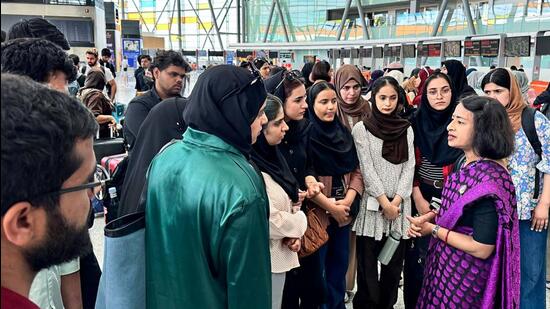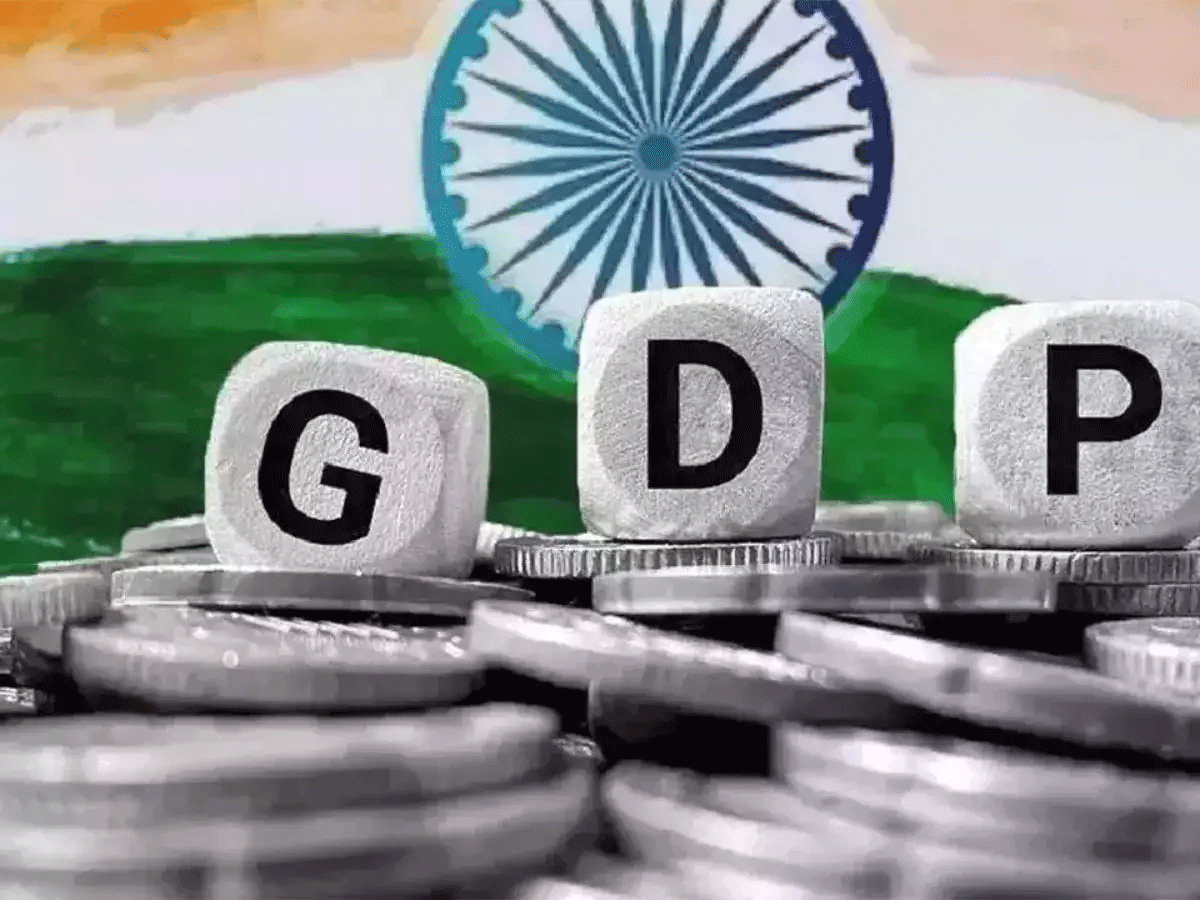- Courses
- GS Full Course 1 Year
- GS Full Course 2 Year
- GS Full Course 3 Year
- GS Full Course Till Selection
- Answer Alpha: Mains 2025 Mentorship
- MEP (Mains Enrichment Programme) Data, Facts
- Essay Target – 150+ Marks
- Online Program
- GS Recorded Course
- Polity
- Geography
- Economy
- Ancient, Medieval and Art & Culture AMAC
- Modern India, Post Independence & World History
- Environment
- Governance
- Science & Technology
- International Relations and Internal Security
- Disaster Management
- Ethics
- NCERT Current Affairs
- Indian Society and Social Issue
- NCERT- Science and Technology
- NCERT - Geography
- NCERT - Ancient History
- NCERT- World History
- NCERT Modern History
- CSAT
- 5 LAYERED ARJUNA Mentorship
- Public Administration Optional
- ABOUT US
- OUR TOPPERS
- TEST SERIES
- FREE STUDY MATERIAL
- VIDEOS
- CONTACT US
Operation Sindhu: India Begins Evacuation from Conflict-Hit Iran
Operation Sindhu: India Begins Evacuation from Conflict-Hit Iran

Why in the News?
- India has started ‘Operation Sindhu’ to bring back Indian citizens stuck in Iran.
- This is happening because of increasing tension and military threats involving Israel, the U.S., and Iran.
- The situation in Iran has become unsafe, especially due to the Iran-Israel conflict.
- Some Indian students in Iran have already been injured in recent attacks.
- The Indian government launched this mission to protect and evacuate its citizens quickly.
Key Highlights:
- Launch of Operation Sindhu: Announced on Wednesday, 18 June 2025, to evacuate Indian nationals from Iran.
- Initial Evacuation:
- 110 Indian students were successfully evacuated from northern Iran to Armenia on 17 June 2025.
- These students travelled by road to Yerevan, Armenia’s capital, under the guidance of Indian missions in Iran and Armenia.
- A special flight carrying the first 100 students departed Yerevan on 18 June 2025 and was expected to reach New Delhi in the early hours of 19 June.
- Indian Government's Statement:
- The Ministry of External Affairs (MEA) cited “deteriorating situation” due to the Iran-Israel conflict as the reason for the evacuation.
- The MEA expressed gratitude towards the governments of Iran and Armenia for facilitating the evacuation.
- Injuries Reported:
- Some Indian students have been injured in a strike, as confirmed by Iranian embassy officials.
- The Iranian Foreign Ministry is in close contact with the Indian Embassy in Tehran.
|
About Iran-Israel Conflict:
|
Challenges and Way Forward:
|
Challenges |
Way Forward |
|
1. Escalating conflict in West Asia puts Indian nationals at risk. |
Strengthen early warning systems and monitor conflict zones closely. |
|
2. Difficulty in safe evacuation due to airstrikes and road insecurity. |
Plan multi-route evacuations using neighboring countries like Armenia. |
|
3. Injuries and medical needs of Indian citizens during strikes. |
Arrange for medical teams and emergency aid at evacuation points. |
|
4. Diplomatic complexity in dealing with both Iran and Israel. |
Maintain balanced diplomacy and coordinate with all parties involved. |
|
5. Difficulty in contacting Indian citizens stuck in dangerous areas. |
Set up dedicated helpdesks, emergency phone lines, and mobile tracking systems. |
|
6. Possibility of regional war involving global powers. |
Prepare contingency plans for large-scale evacuation and refugee support. |
Conclusion:
Operation Sindhu reflects India’s proactive foreign policy approach and commitment to safeguarding its citizens abroad during global crises. The successful coordination among Indian missions and foreign governments showcases strong diplomatic channels. However, with rising geopolitical tensions, sustained efforts, and strategic foresight are crucial to ensure the safety of all Indians in conflict-prone regions.
EnsureIAS Mains Question:In the wake of escalating tensions in West Asia, critically examine the significance of evacuation missions like Operation Sindhu in safeguarding Indian nationals abroad. How do such missions reflect India’s foreign policy priorities and diplomatic preparedness? (250 Words) |
EnsureIAS Prelims Question:Q. Consider the following statements regarding Operation Sindhu:
Which of the statements given above is/are correct?
Answer: b Explanation: Statement 1 is incorrect: Operation Sindhu is not a military strike, but a humanitarian evacuation mission launched by India. Statement 2 is correct: The operation was started due to rising tensions between Iran and Israel, putting Indian nationals at risk. Statement 3 is correct: Armenia helped in the evacuation by allowing Indian students to cross into its territory and depart from Yerevan. |



